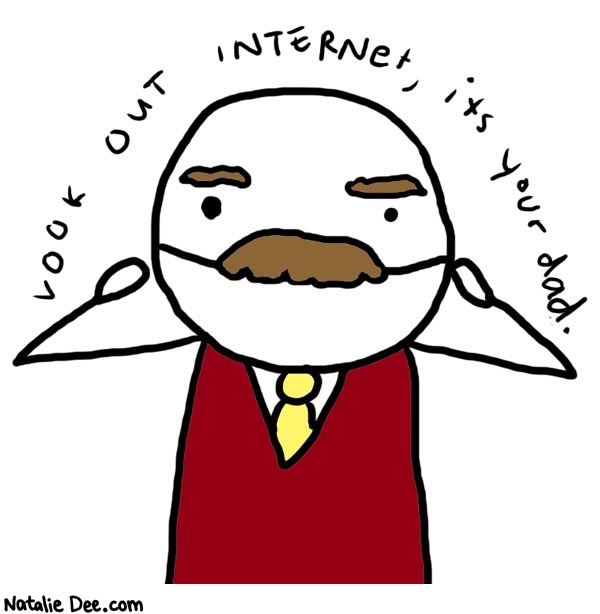it's gone for me

Vancouver has the least affordable housing -- and it's getting worse
How can anybody live here, young home-seeker asks
The Vancouver Sun
Friday, May 19, 2006
By Derrick Penner
Sawmill supervisor Tyler Bartlett has personal experience with the dwindling affordability in Greater Vancouver's housing market.
Bartlett, 21 and a recent graduate of B.C. Institute of Technology, started looking at real estate in November. He's already reduced his expectations from a house or townhouse in Burnaby to condominiums in Surrey or Coquitlam.
He dropped out of the market for a couple of months to watch interest rates, but then jumped in again, only to be beaten out in two successive bidding wars on homes priced in the $300,000 range.
"How are people affording housing today?" Bartlett asked. "That's [the] biggest question I talk about with my friends. I have no idea how anybody in the Lower Mainland is affording the homes that they are."
Derek Holt, assistant chief economist for RBC Financial, whose index report said B.C. recorded the worst deterioration of affordability in Canada in the first quarter of 2006, said the rising cost of home ownership, including mortgage payments, prices and taxes, outstripped income growth for the second quarter in a row.
Holt said dramatically rising prices, combined with rising mortgage rates, were the biggest culprits.
He added B.C. and Alberta surprised forecasters because price appreciation in these provinces remained at double-digit rates in the first quarter, which he characterized as "unsustainable" over the year.
"Over long periods of time, house prices should probably not stray too far from annual income growth," Holt said. He added it is becoming a "less forgiving environment" to adjust mortgages in ways that will allow buyers to carry large principals.
The RBC housing index measures affordability as a percentage of pre-tax income required to carry the costs of owning a home including mortgage payments and taxes.
RBC's index report said B.C. affordability measures lie "at or near their highest points on record in every class except for condos."
The bank's affordability index, which measures the proportion of pre-tax household income needed to service the costs of owning a standard bungalow, found that affordability declined across the country during the winter.
Among major cities, the least affordable was Vancouver, where the carrying costs of a bungalow amounted to 64.4 per cent, or nearly two-thirds of the average income, followed by Toronto 41.7 per cent, Calgary 32.7, Montreal 34.9 and Ottawa 28.9 per cent.
In Greater Vancouver, the affordability index score for detached bungalows was a 10.9-per-cent increase from the fourth quarter of 2005. The score on two-storey homes was up 7.5 per cent to 69.57.
The scores for townhouses and condominiums were much lower at 47.54 per cent and 32.69 per cent respectively but still up 7.9 per cent on townhouses and 9.8 per cent on condominiums.
"It still says that for most people that [two-storey-house] segment is out of reach," Holt added. "It's only relatively well off people, over $100,000 a year in income who can afford to play in that market."
The RBC affordability index is just the latest comment on the financial pressure being put on buyers in the market. TD Bank, for the past year, has warned that price increases that are outpacing income growth make Vancouver the most bubble-like real estate market in the country.
Canada Mortgage and Housing Corp. analyst Cameron Muir said he wasn't surprised Vancouver's unafordability scores crept up. He added that he is still predicting that 2006 will be the last year of double-digit housing price increases.
"By 2007, we're going to see [unaffordability] reach a point where it begins to have an impact on demand," Muir said.
Tsur Somerville, director of the centre for urban economics at the University of B.C.'s Sauder School of Business, said Vancouver's real estate market will eventually hit a correction, but it is difficult to point to any one statistic, such as RBC's affordability index, as evidence that the correction is about to occur.
"People find things to do," Somerville said, such as put basement suites into their homes to rent out and lower the carrying costs of their mortgages.
"We have a lot more of that [in Vancouver] than they do in Toronto or Calgary. It's one of the ways people have adapted."
Bartlett has now hired realtor Rob Boyes, with Royal LePage Coronation West Realty and is searching for apartments in the $250,000 range.
"For a person starting out with virtually no assets, [and can] maybe come up with about 10-per-cent down, you can't touch the housing market," Bartlett said. "It's gone for me."










